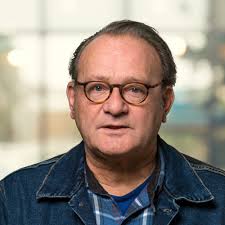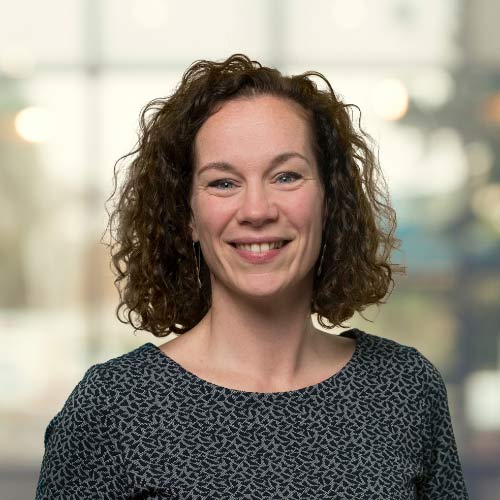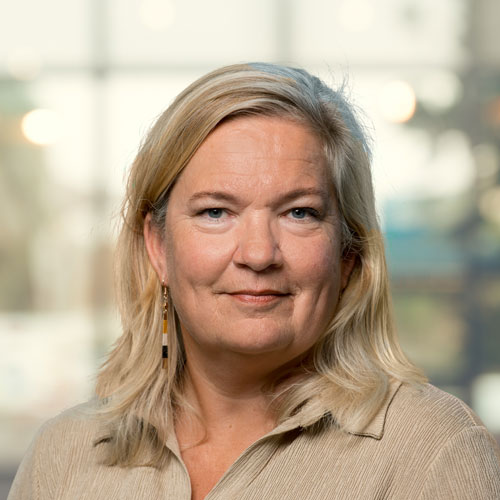
Tracking children's development worldwide: the D-score
Tracking the development of young children is crucial for their future. Worldwide, around 200 million children miss out on reaching their developmental potential due to poverty, malnutrition, and lack of education. This not only affects their individual prospects but also impacts the economic development and well-being of entire countries. TNO has developed the D-score: a universal standard to objectively and internationally compare child development.
From idea to global recognition
The D-score is an initiative of Stef van Buuren, Principal Scientist at TNO and Professor at Utrecht University. It started with a statistical experiment on existing data, leading to a universal scale for measuring child development. Despite its potential, the method remained largely unrecognised for years. It was not until 2014 that Van Buuren connected with international experts seeking a standardised way to monitor child development globally. This led to collaborations with organisations such as WHO and the Global Child Development Group.
In 2018, WHO recognised the D-score as a promising tool. During a meeting in Washington DC, attended by experts from Harvard, Stanford, and Johns Hopkins, it was concluded that the D-score had strong potential as a global standard. This significantly boosted the project.

'I started with a graph where all data points were criss-crossed. After applying the statistical model, I saw equivalent curved lines running neatly side by side. That was truly a eureka moment.'
Why the D-score?
The D-score offers many applications and benefits:
The D-score reveals which children are developmentally delayed at a young age, making it possible to make appropriate interventions and deploy support programmes at an earlier stage, such as pre-school programmes or special education.
If several countries were to map out child development at national level, specific aspects can then be compared at global level. This, in turn, helps to understand the influence of various environmental factors, such as poverty or access to healthcare.
Parents and caregivers can be offered personalised guidance based on their child’s D-score, for example advice or activities designed to stimulate specific areas of development.
By combining the D-score with other diagnostic tests to identify children with developmental disorders, such as autism or ADHD, a diagnosis can be given more quickly and treatments can be started earlier.
The D-score also makes it possible to tailor a measurement at an individual child level.
Successful international collaboration
Thanks to partnerships with WHO, Harvard, UNICEF, and funding from the Bill & Melinda Gates Foundation and the Bernard van Leer Foundation, the D-score has advanced significantly. An essential step was the collection and harmonisation of data from eleven countries, refining the Rasch model, the statistical basis of the D-score.
Locally, the D-score is already making an impact. The Municipality of Utrecht uses it to analyse differences in child development across neighbourhoods, helping policymakers target interventions and promote equal opportunities.
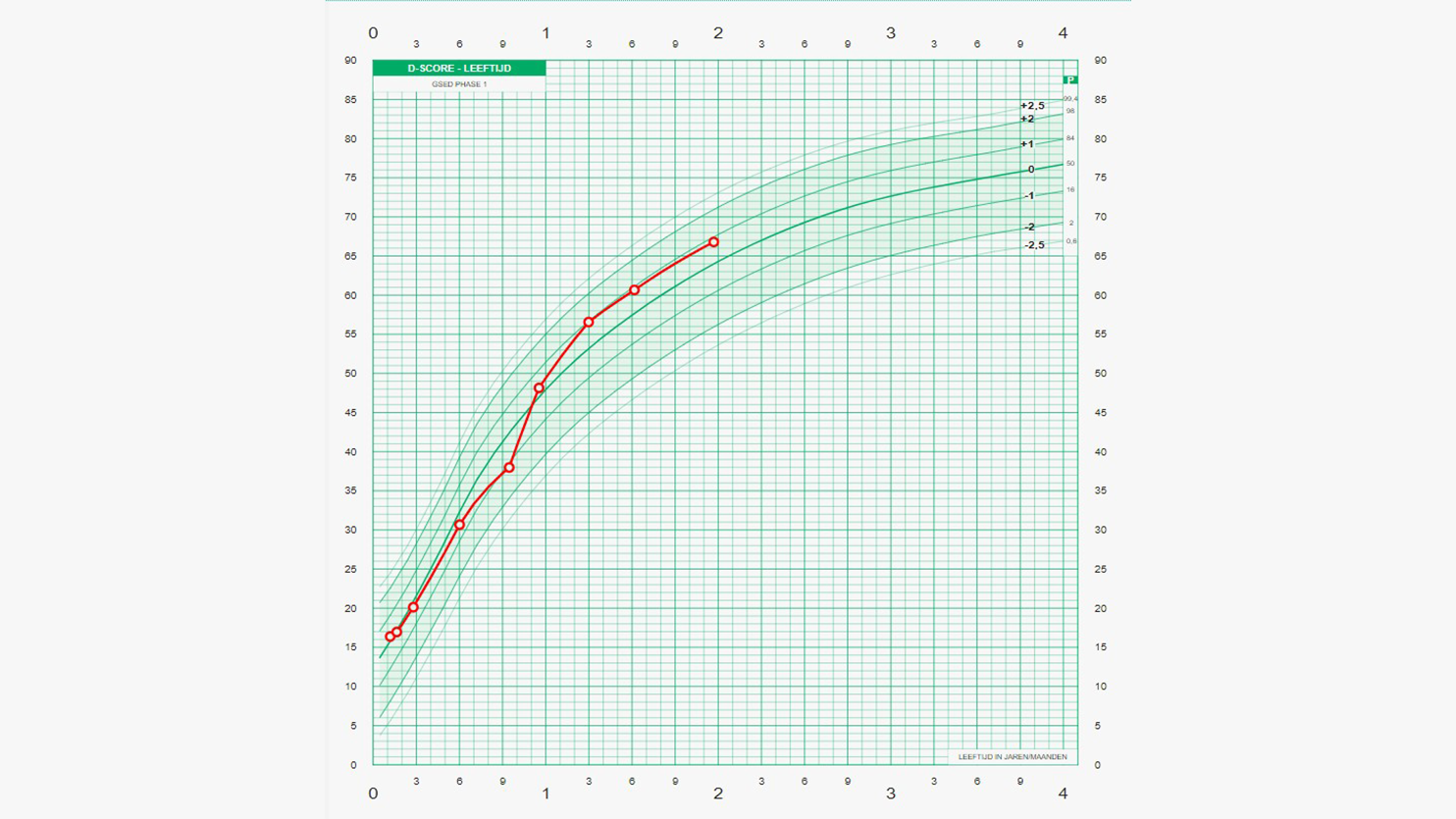
Impact and future
The D-score has the potential to become a global standard, much like the WHO child growth standards from 2006. Those standards enabled global comparison of children's physical growth, greatly influencing healthcare and policy. The D-score aims to do the same for cognitive and motor development.
WHO is currently conducting an extensive study to develop norms and standards for the D-score across twelve countries, which will further accelerate its acceptance and implementation. A reliable and universal standard will enable better identification and addressing of developmental delays worldwide, offering millions of children a fairer start in life.
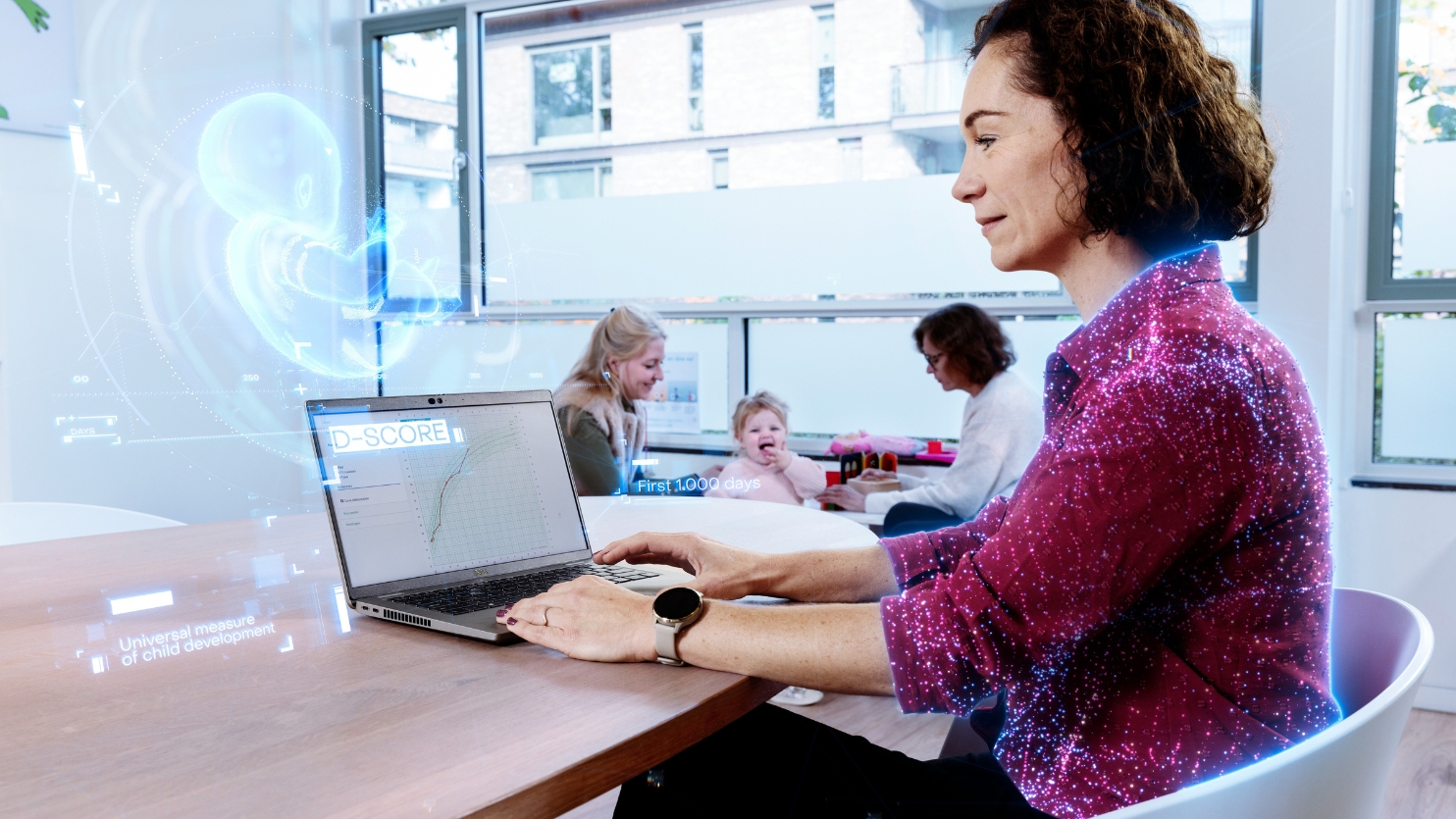
Impact
Through the D-score, TNO has developed an innovative and socially impactful method that contributes to a better future for children worldwide. This topic is part of an impact story. View the full impact story via the link below.
Get inspired
Paper Personalised Health


Beyond the breath count: patients want meaningful digital metrics in sleep apnoea monitoring
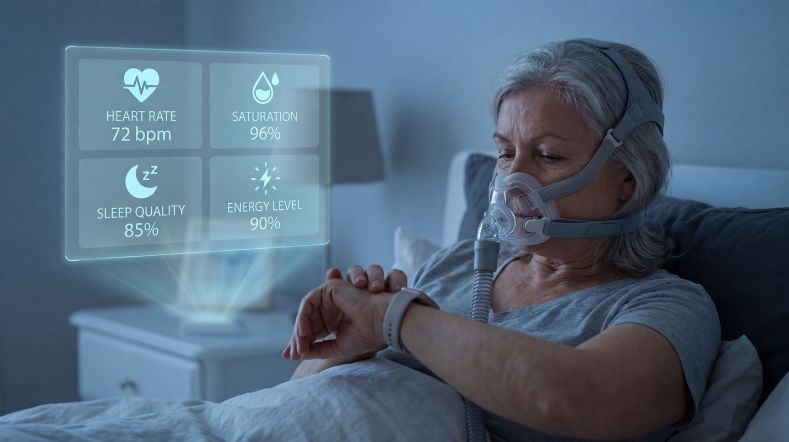

TNO in the media 2025
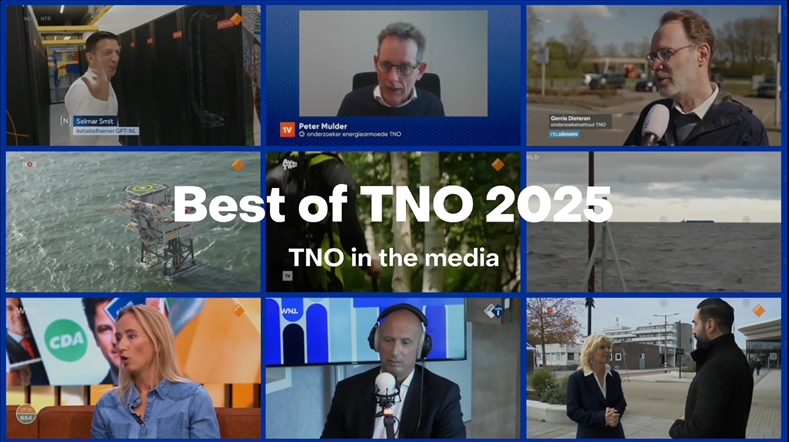

Christa Hooijer appointed as Chief Scientist of TNO

Over 300,000 workers in the Netherlands experience heat stress at work


